Oxford team directly converts CO2 to jet fuel using iron-based catalysts
Green Car Congress
DECEMBER 28, 2020
Researchers at the University of Oxford have developed a method to convert CO 2 directly into aviation fuel using a novel, inexpensive iron-based catalyst. The conversion reaction also produces light olefins—ethylene, propylene, and butenes—totalling a yield of 8.7%. and selectivity to C 8 –C 16 hydrocarbons of 47.8%

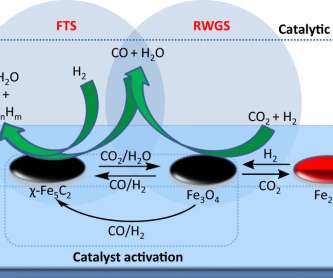

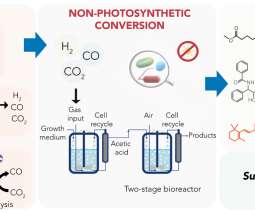





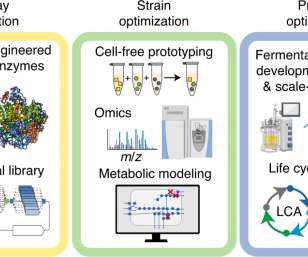



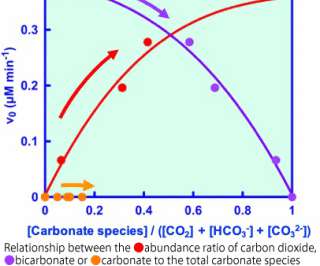













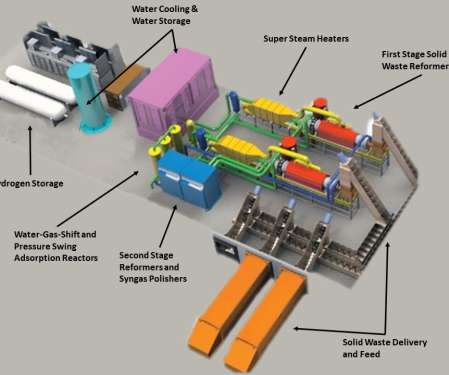

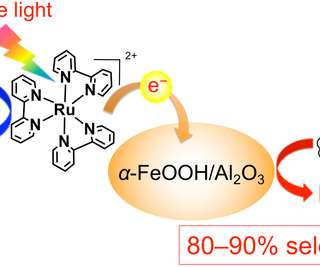
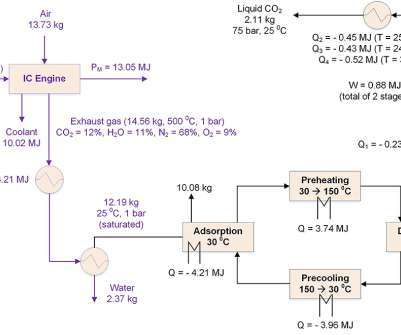


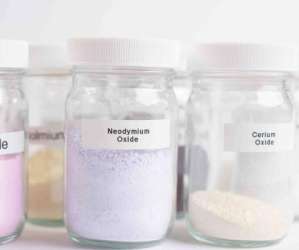









Let's personalize your content